"Vienna was the first stop in the series of consultations because Austria can be counted on to support Hungary's Presidency and Hungarian national interests in two key objectives: combating illegal migration and ramping up Western Balkan EU integration," he added.
On the issue of illegal migration, the minister stressed that Austria is one of the EU countries that not only speaks out but also takes action against it.
We, Hungarians are of the same mind. We have repeatedly made clear that for the bloc to stop illegal migrants, instead of attracting them, a drastic political shift is needed in Brussels.
While defending its own and at the same time the EU's southern border, Hungary has amassed considerable experience, FM Szijjarto recalled, noting that without Hungary's border protection measures and expenditure in the billions of euros, those hundreds of thousands of illegal migrants prevented from entering the country's southern border would all be living in Europe, further deteriorating security, increasing the threat of terrorism and the emergence of dual societies.
"Hungary wants to bring EU regulations in line with international law, which states refugees may temporarily reside in the first safe country," he stressed.
"As a neighboring safe country, Hungary takes in all asylum seekers fleeing the war in Ukraine, but the migrants arriving at our southern border from distant lands have passed through at least three to five safe countries and consequently have no right of entry. Only Hungarians have the right to decide who they let into their country and who they are willing to live with," he underlined.
A drastic political shift is needed in Brussels, the Hungarian FM stated, to prevent the EU from importing problems, and instead solving them locally where they develop.
As an example, he mentioned that in light of Africa's rapid population growth, rather than entice Africans to migrate, Europe should facilitate their remaining locally by investing, developing and providing training. This is precisely what Hungary is doing: supporting to the tune of several million dollars the development of African countries and providing scholarships to thousands of African students, he said.
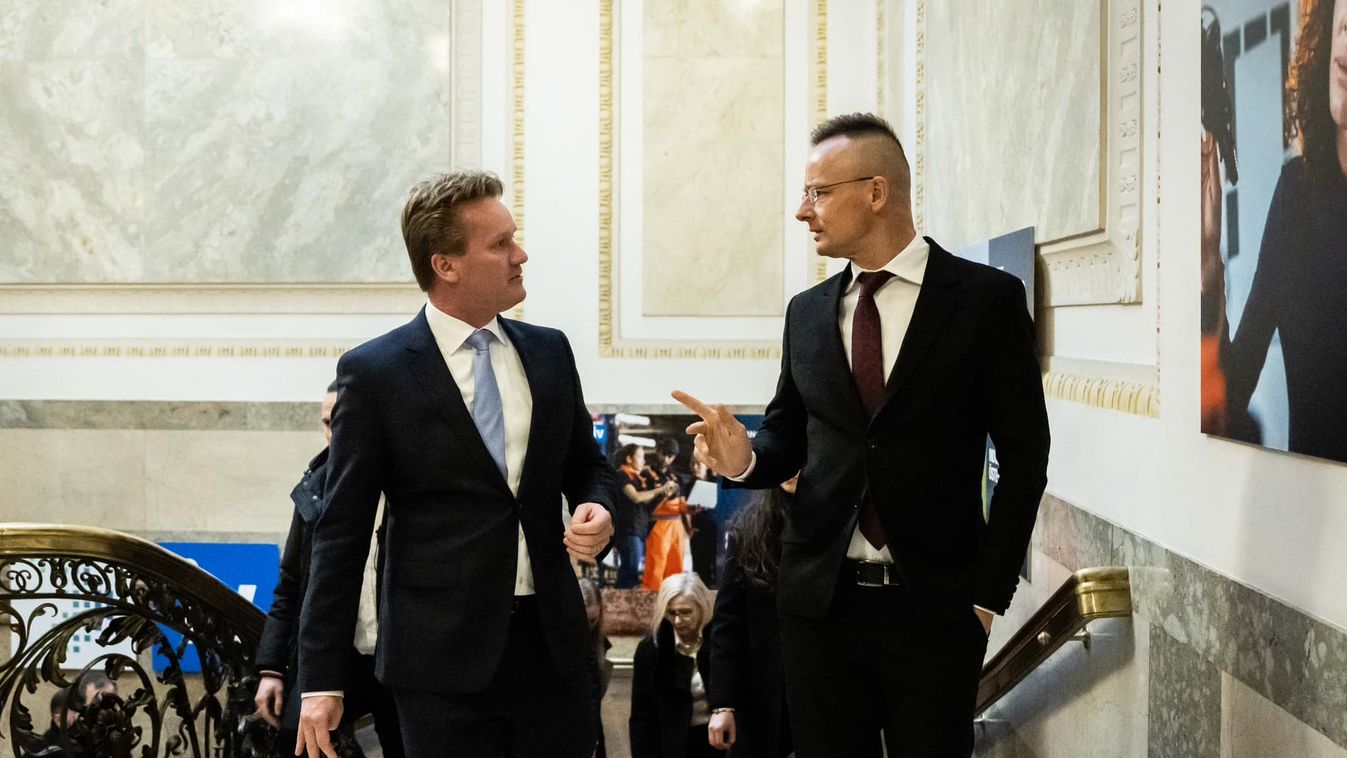
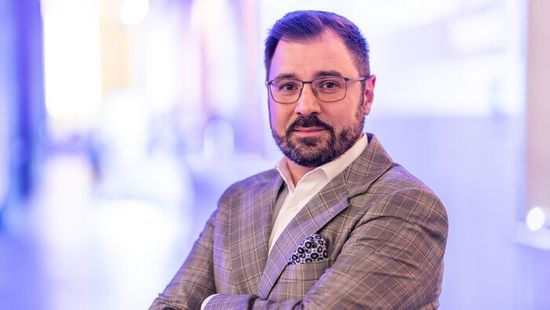
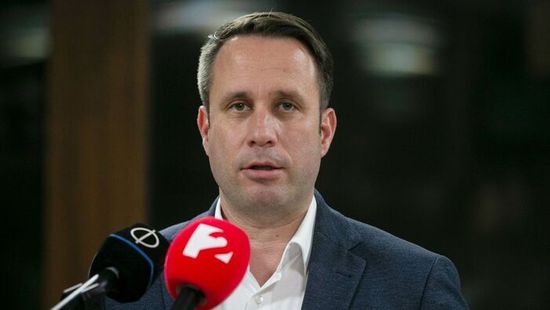
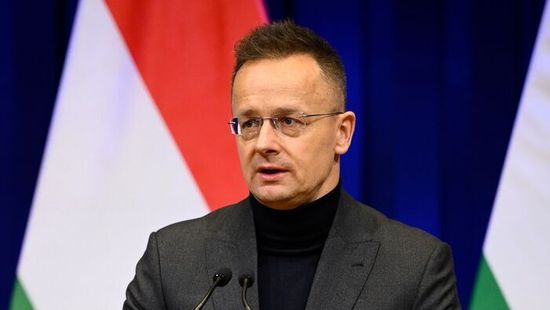
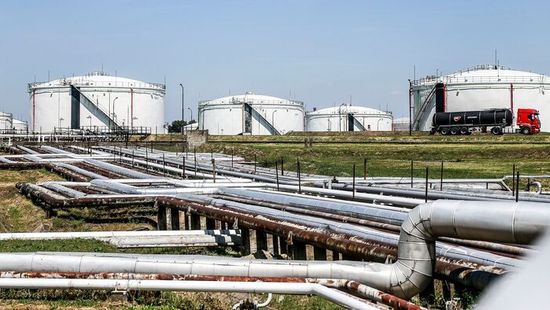

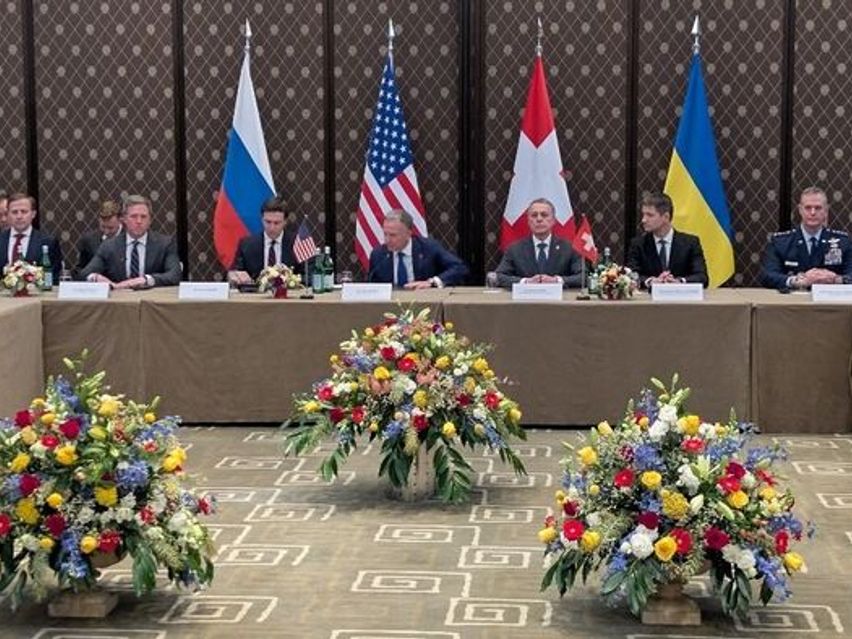
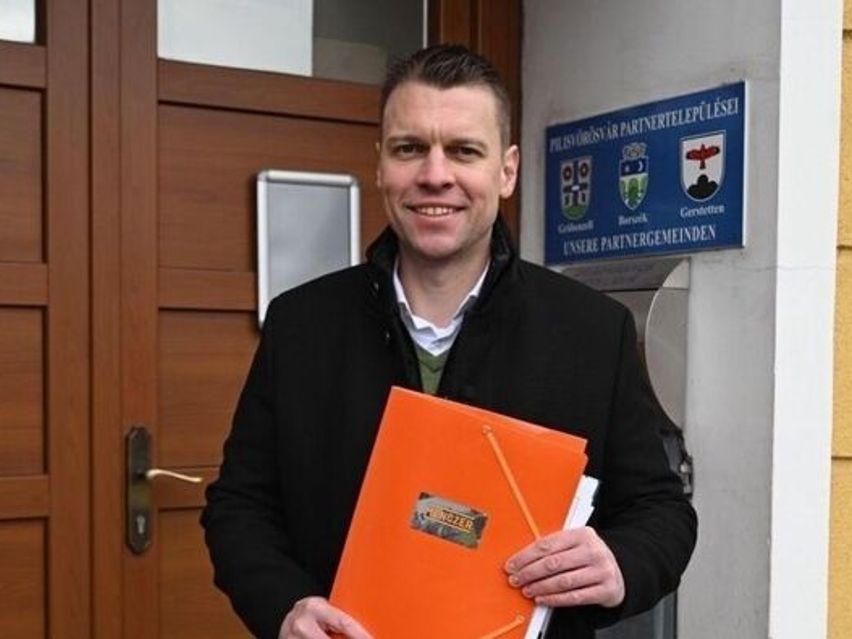
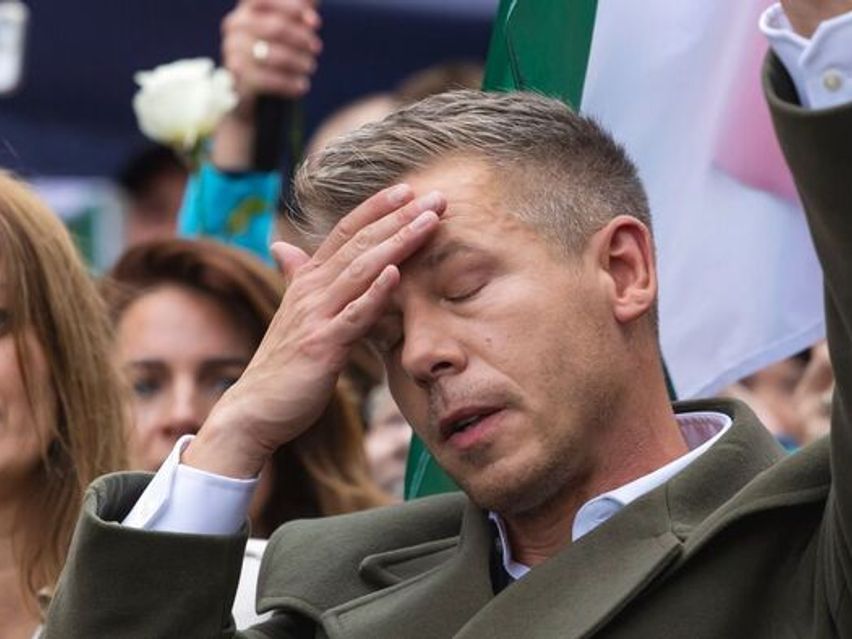
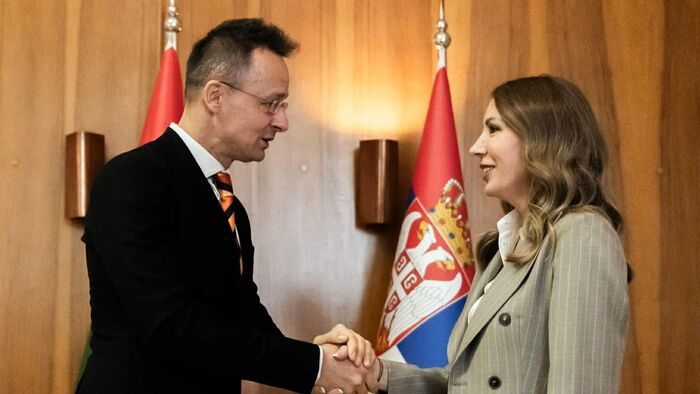



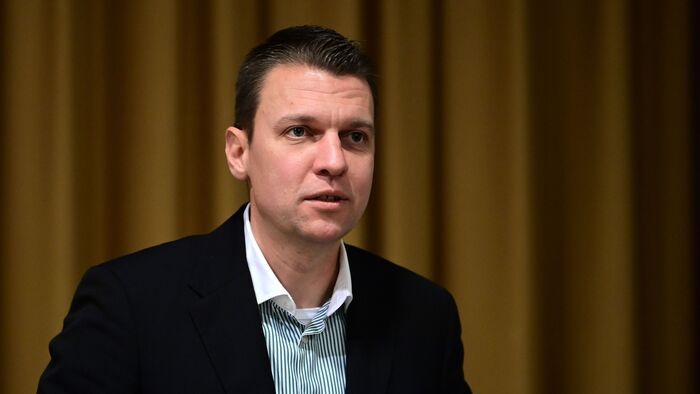

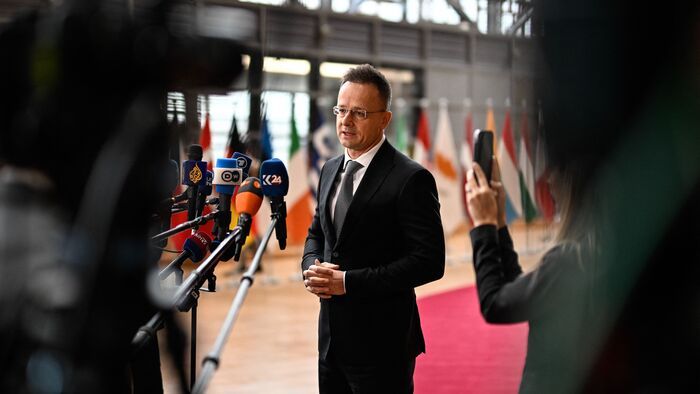

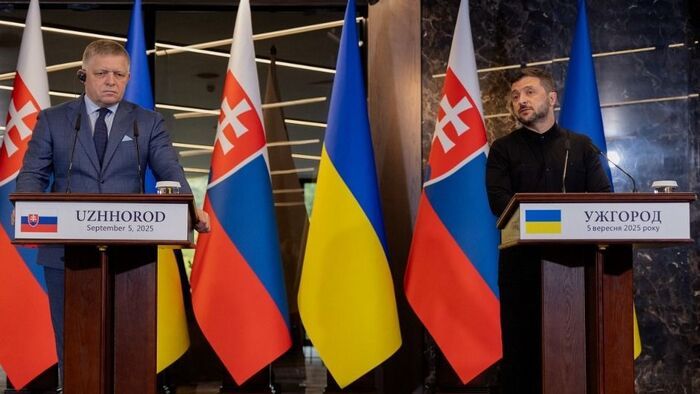



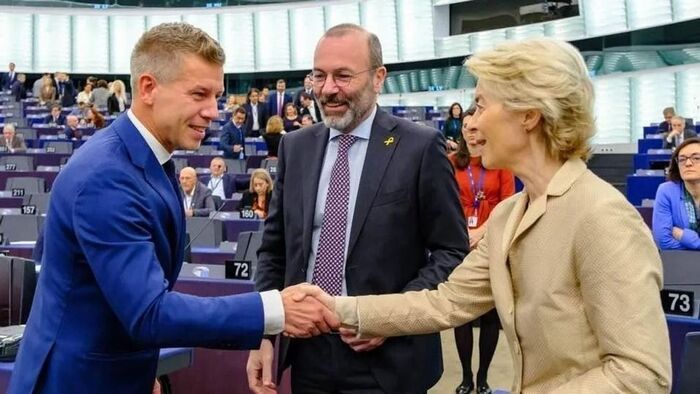

Szóljon hozzá!
Jelenleg csak a hozzászólások egy kis részét látja. Hozzászóláshoz és a további kommentek megtekintéséhez lépjen be, vagy regisztráljon!